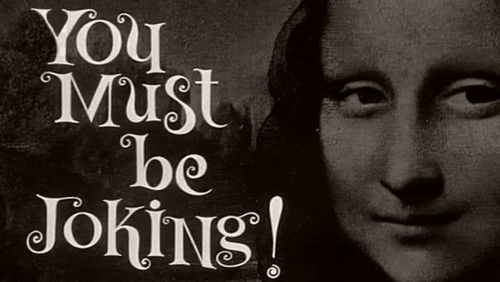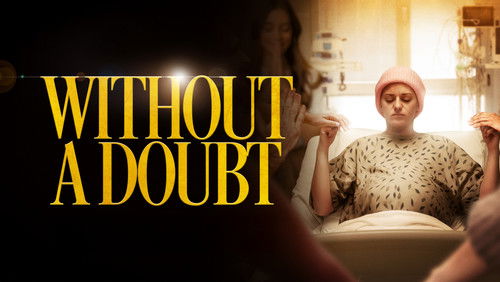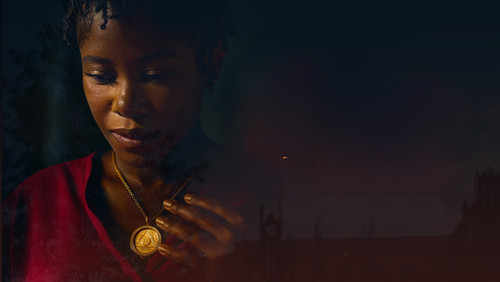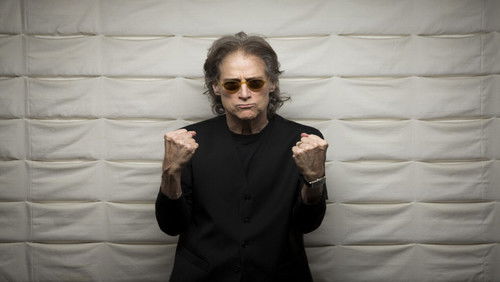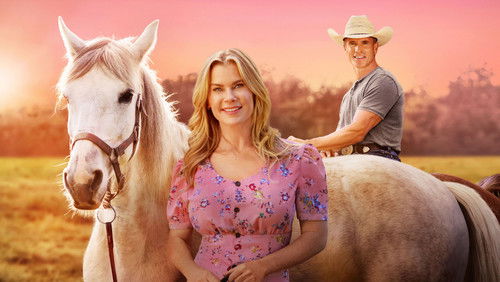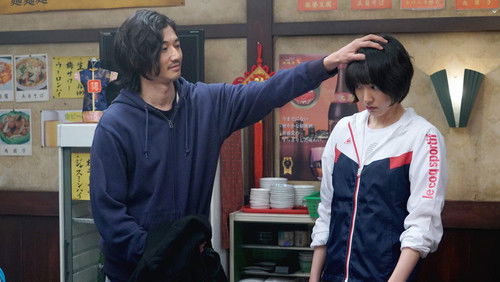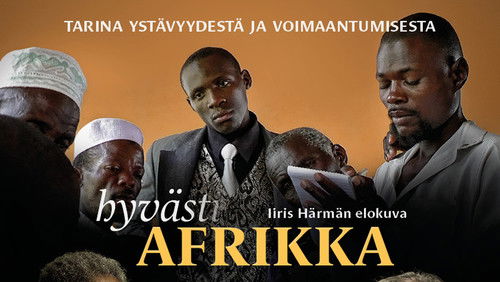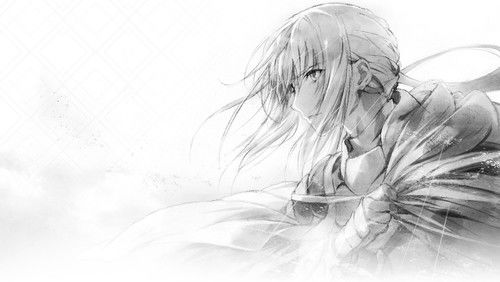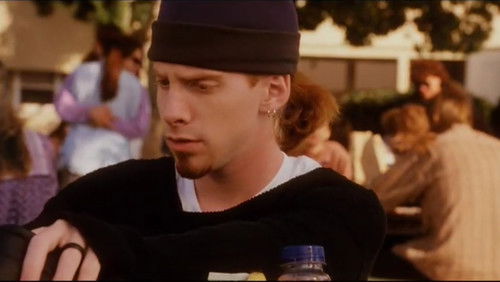Night on Earth (1991)
62KNight on Earth: Directed by Jim Jarmusch. With Gena Rowlands, Winona Ryder, Lisanne Falk, Alan Randolph Scott. An anthology of 5 different cab drivers in 5 American and European cities and their remarkable fares on the same eventful night.
“Jim Jarmusch, a director who never neglects to find the time for the little moments, glances, exchanges in dialog, that bring out the better (or lesser) in people, puts his skills to full force in Night on Earth. Another in his several episodic-style films, this time he pushes forward his great use of pure conversational, and emotional, comedy, as well as drama. In fact, this may be one of the best from the 90u0026#39;s of that kind that came out (i.e. mixing comedy and drama to create some bittersweet vignettes). Inspiration of course pours out from European cinema, but even in the American segments thereu0026#39;s a sense of genuine pathos with the characters. Sometimes one style was kept totally consistent, with all comedy in episode four or all tragedy in episode five, or the two styles went back and forth like in the first two. The third remains the more ambiguous, and maybe more uncomfortable, segment of the bunch, and even if it might be the lesser of them all itu0026#39;s still fascinating due to the actors.u003cbr/u003eu003cbr/u003eBut to get back to the humanism that comes on in the film, itu0026#39;s not something at all uncommon to Jarmuschu0026#39;s work. In Ghost Dog it goes a long way to help us not be too left out of the world of Whitakeru0026#39;s character, or it makes every lady seem all the more odd and unique in Broken Flowers. Here since it is met with a more realistic approach, with situations that could be happening right now at night in these cities, Iu0026#39;m almost reminded of Renoir. Particularly in the second segment in New York, where thereu0026#39;s the perfect divide between lightness and over-the-top- lightness being in Armin Mueller-Stahlu0026#39;s performance as Helmut (German ex-clown turned un-knowing cabbie) and Giancarlo Espositou0026#39;s performance as Yo-yo. Maybe itu0026#39;s because scenes like these usually wouldnu0026#39;t make it into u0026#39;mainstreamu0026#39; fare, but a sequence like this showcases some great dialog on both sides (and when Rosie Perez comes in, all bets are off). Stahl especially makes the scenes work in-particular as he almost seems to inhabit this person of an outsider in the (taken for granted) amazing space of NYC.u003cbr/u003eu003cbr/u003eTo say which one was my overall favorite might be a little picky, as every one of them had something to offer differently. There was the cute, and slightly awkward, scenes with Ryder and Rowlands (maybe one of Ryderu0026#39;s few gems in her career too, mostly based on style). The segment in Paris, again, may make one feel a little uncomfortable, but that might be the point. And I loved how Beatrice Dalleu0026#39;s role went effortlessly between the bizarre and the almost ironically compassionate. Itu0026#39;s also the segment which provides a little extra bitter of a touch by way of the Ivory Coast cabbie, however it does come to pass as being about two outsiders thrust into a strange little moment in life. Roberto Benigniu0026#39;s segment was drop dead funny, which is surprising considering the hit or miss ways of Jarmuschu0026#39;s comedy. But Benigni is so outrageous in his long monologue its no wonder what becomes of his passenger. Itu0026#39;s a terrific mix between Benigniu0026#39;s voracious style of fast (but not too fast) speech, and a sort of silent-film kind of comedy, likely out of Buster Keaton or something. And all of this is accentuated by a carefully controlled mis en scene of driving (which is always visually endearing), where right when youu0026#39;re expecting there to be a cut it waits one or two extra seconds. Itu0026#39;s a film with a sweet rhythm that doesnu0026#39;t drag like in Jarmusch at his worst.u003cbr/u003eu003cbr/u003eThe last segment, oddly enough, could be a downer for some. It was for me, until I decided to watch it a second time. This combines the frustration seen in bits in the other segments regarding a city life that bogs down on its inhabitants, and the sympathy that can come out even behind the tough veneer of lives lived with a shell protecting them from idiots. When it comes time for Matti Pellonpaau0026#39;s monologue, it makes for the most touching, and a close-call for most emotionally striking, thing Jarmusch has ever written, put together by his portrayal. Whatu0026#39;s interesting even more so is how the film, despite this bleak story, doesnu0026#39;t seem to end too much on that note, due to the last little bit between Mika and Avi, the drunk passenger. In fact, after watching this a second time, I got to get the sense of what the film might be about- getting past that separation between a driver doing his job and a passenger with their own issues. Itu0026#39;s also a small ruby of a communication fable, of how lives in different cities and countries may be of course different in speech and attitude and dress, but have similar plights to deal with in the dead of night.”
